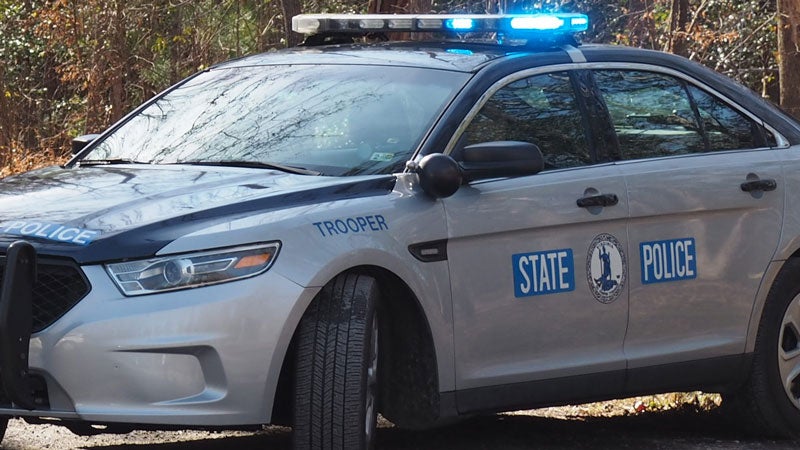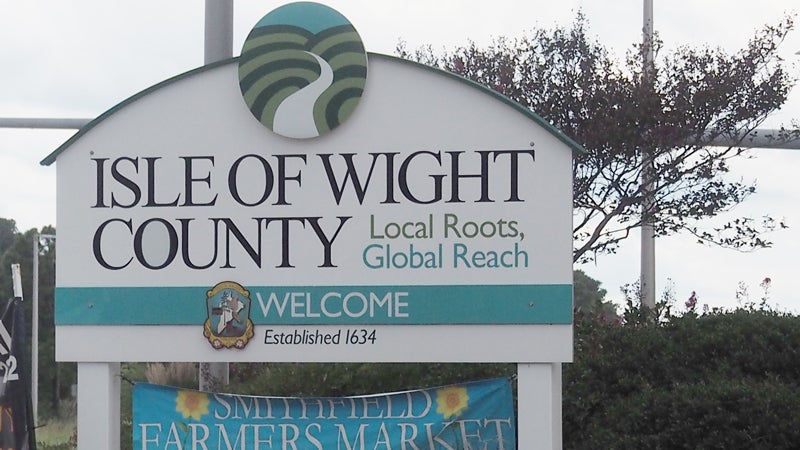Officials should learn from other states’ mistakes
Published 5:12 pm Tuesday, September 1, 2020
To inspire trust and confidence in November’s elections process, Virginia officials should learn from mistakes made earlier this year by voting officials in California, New York and New Jersey, according to a political science expert.
The Golden State, Empire State and Garden State expanded voter eligibility by allowing people to cast their ballots by mail in order to prevent the spread of the coronavirus. But they experienced issues with having to reject ballots due to missing the postmark deadline or late arrivals, people forgetting to sign their ballots or discovering mismatched signatures.
“These early efforts revealed that the shift to mail-in voting did strain the electoral systems typically accustomed to handling only a small percentage of votes via the mail,” said Dr. Benjamin Melusky, an assistant professor of political science at Old Dominion University. “As such, officials in Virginia need to get out front and highly publicize the Commonwealth’s efforts to ensure that one, the election will be conducted in a safe manner as it relates to COVID-19 and two, that it will be conducted in a secure and efficient manner,” Melusky said.
New Jersey also experienced an instance of voter fraud. In August, a judge threw out the results for a city council election held in May in Paterson, the state’s third-largest city. The judge ruled that the election was “irreversibly tainted” according to the New York Times. Four men faced charges ranging from unauthorized possession of ballots, delivering mail-in ballots that were not theirs and submitting voter registration applications for people who were ineligible to vote.
However, the story also quotes professional voting rights advocates and election law experts who say that while fraud is possible, it’s still relatively rare and, if people with malicious intent try to expand their fraud attempts, the wrongdoing is detected through existing measures to protect the process.
Virginia Attorney General Mark Herring said Aug. 21 that a federal court approved a consent decree negotiated by his office that will allow the state to accept absentee ballots without the signature of a witness “for voters who believe they may not safely have a witness present while completing their ballot,” according to an announcement.
“This agreement is another big win for Virginia voters and for democracy, and it’s another important step in ensuring that we can have free, fair, safe elections this fall despite the challenges presented by the COVID pandemic,” said Herring. “Safe voting has been one of my top priorities for the last six months because no one should ever have to choose between their health and their fundamental right to cast their vote.”
Herring’s announcement also called attention to other safeguards to ensure absentee ballot security including “a plethora of other Virginia laws [that] ensure proper absentee voting including provision of identifying information, a signed attestation confirming identity, eligibility and lack of double-voting, and a check of the ballot against the list of ballot requests.”
To further inspire confidence in the process and safeguards surrounding voting, Melusky said Virginia should call more attention to a new rule that makes it easier for voters to see where their ballot is once it’s mailed back. Under the new state-approved rule, voters can use a special U.S. Postal Service barcode to track their absentee ballot from their address to the local registrar’s office.
Voter turnout outlook
About 60 days from Election Day, the U.S. is facing ongoing multiple crises. The coronavirus is hurting our health, issues of social justice and civil unrest have many concerned about their safety, and record-breaking economic challenges wrought by the virus have left millions jobless or underemployed.
Throw in natural disasters and changes to everyday aspects of daily life — think mandatory social distancing, remote school, working from home, sports and entertainment events canceled — and many people are at or past their emotional breaking point. With everything going on, it’s unclear if people will be more likely or less likely to turn out and vote, Melusky said.
“Turnout during a time of COVID-19 is going to be difficult to forecast for a variety of reasons,” Melusky said. “Typically, we should expect around 60% turnout in a presidential election year. However, fear of COVID-19 might depress turnout by making it a more difficult choice for the average voter.”
Getting people to invest the time and effort and digest the knowledge required to vote “is already a difficult prospect and when you now add in personal safety, the costs to voting grow,” Melusky said. Yet, he added, “many scholars and pundits are still projecting record turnout in November given the voter interest and intensity.” He pointed to Wisconsin’s April primary race as an example.
Although that election came at the height of the coronavirus crisis, “The electorate was energized over claims of partisan obstruction and the focus on a Wisconsin Supreme Court race,” he said.
Despite 2020’s challenges, Melusky is confident in the resiliency of the U.S. electoral process. There’s precedent for voting in circumstances where war, economic or health-related issues have taxed the system.
“A lot of comparisons to COVID-19 and the 1918-19 flu epidemic have been made, though 1918 was a presidential midterm election,” Melusky said. “Further, elections have been held during economic disasters like the Great Depression, and have been held during the midst of war (both World Wars and the Civil War).” Despite those situations, “the elections were still held on time or slightly delayed in the case of the New York primary in the wake of 9/11,” Melusky said.
Big money in media
Although there may be other issues and, and depending on where exactly you live in Virginia, other candidates on the ballot this November, the big focus is on the presidential election. For the two major parties, Republicans have nominated President Donald Trump to run for another four year term, while Democrats have chosen former Vice President Joe Biden.
After the respective national conventions and three scheduled debates, “campaigns will attempt to persuade voters to vote for their candidate through spending a lot of money,” Melusky said. About a combined $6.5 billion was spent in 2016 for the presidential and congressional elections.
With money flowing from campaigns, super political action committees, and direct appeals through online donations, “voters, especially those in ‘swing states’ or competitive states, should be prepared to be inundated with advertisements across almost every medium,” said Melusky.
In Virginia, many key state level and statewide offices, including the governorship, are up for election in 2021. Mail-in voting, Melusky predicts, will be an “interesting element” for next year’s races.
“Depending on a review of the impact and efficacy of mail-in voting in Virginia and across the country more generally, will we see this institution remain or even expand moving forward?” Melusky said.
“Unified Democratic control of the Virginia government might very well see the expansion of mail-in voting across the Commonwealth, but we will have to wait and see what the next legislative session brings.”





